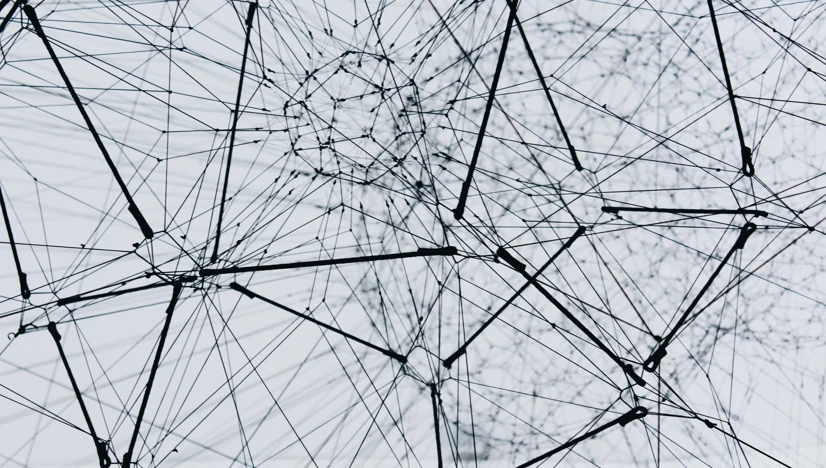Networks
Photo by Alina Grubnyak on Unsplash
Networks are ubiquitous in our modern society. The World Wide Web that links us to and enables information flows with the rest of the world is the most visible example. It is, however, only one of many networks within which we are situated. Our social life is organized around networks of friends and colleagues. These networks determine our information, influence our opinions, and shape our political attitudes. They also link us, often through important but weak ties, to everybody else in the United States and in the world. Economic and financial markets also look much more like networks than anonymous marketplaces. Firms interact with the same suppliers and customers and use Web-like supply chains. Financial linkages, both among banks and between consumers, companies and banks, also form a network over which funds flow and risks are shared. Systemic risk in financial markets often results from the counterparty risks created within this financial network. Food chains, interacting biological systems and the spread and containment of epidemics are some of the other natural and social phenomena that exhibit a marked networked structure.
This course will introduce the tools for the study of networks. It will show how certain common principles permeate the functioning of these diverse networks and how the same issues related to robustness, fragility, and interlinkages arise in several different types of networks.


